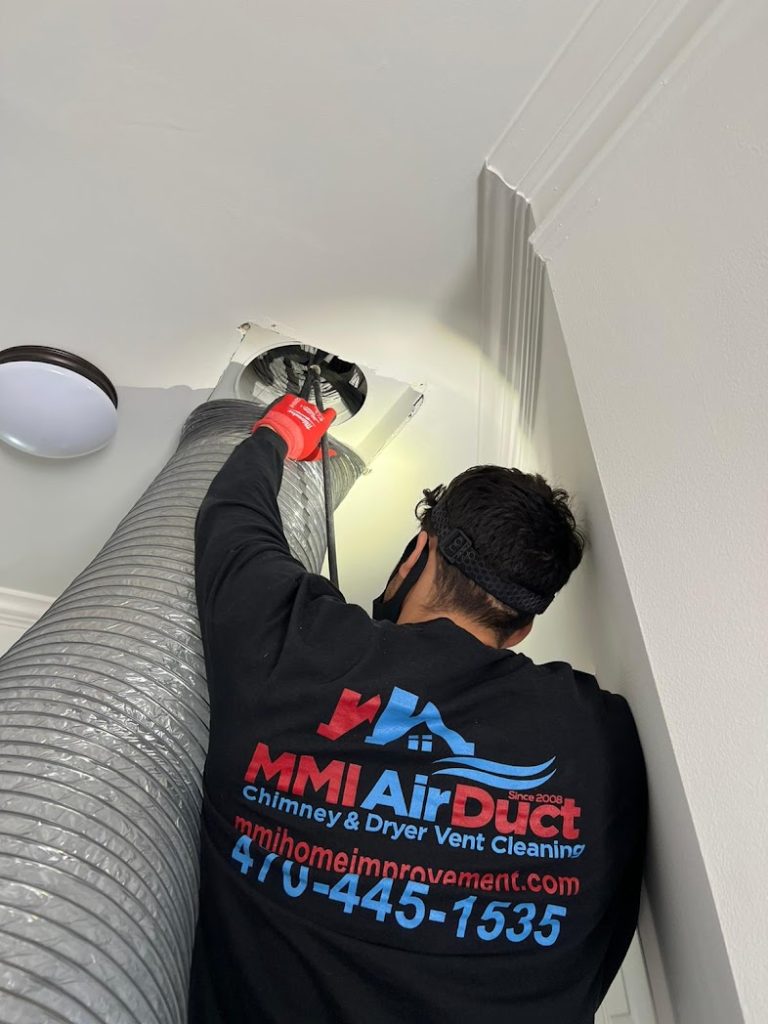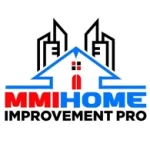Commercial HVAC systems have a limited lifespan, and there’s no way around it. When the time comes to replace your unit, you have two choices: repair or replace. It’s important to make sure your system is in good working order before the weather changes for the next year. In this article, we’ll go over the signs that it’s time to replace your commercial HVAC system, as well as how to choose the right system for your space.
Six Indicators To Replace Your Commercial HVAC System
When it comes to your commercial HVAC system, it’s important to remember that there’s no such thing as a cheap solution. You need to choose the right system for your commercial space, and that usually means investing in a new system. If you haven’t already replaced your system, here are six signs that it might be time to replace your commercial HVAC system.
Learn more about how to install wall vent deflector.
1. The HVAC System In Your Home Is Older Than Ten Years
The Department of Energy advises replacing your commercial HVAC system once every ten years at the absolute least. Although most modern air conditioners are resilient, after ten years or so, some of their parts may begin to exhibit signs of deterioration.
Your HVAC system could last up to 15 years if well-maintained, with few to no significant problems. Frequent usage directly influences the rate of your system’s rate of wear and tear. People may Frequently need to replace Units which are under too much stress. Such units have more issues and require more maintenance than others. A commercial HVAC system that is older is more susceptible to severe problems. It might significantly affect its capacity to cool your entire office, making it less pleasant to work in. Additionally, to keep the unit operating efficiently, you’ll need to service and repair it more frequently. In the end, you might discover that replacing it is more economical than paying for repairs regularly.
2. Your Utility Costs Keep Increasing
The cost of energy varies significantly from season to season. However, other years’ bills for the same months need to be reasonably comparable. Additionally, it is a clear observation that the monthly power cost for your business steadily increases from year to year. In this case, you need to replace your commercial HVAC system. As they age, HVAC systems often become less energy-efficient. It happens sooner if you do not service your system at least once a year.
The most recent air conditioning systems are made to achieve maximum efficiency. Therefore, purchasing a new HVAC unit can help you save significantly on energy bills. For the most significant expense savings, consider selecting a system with the ENERGY STAR label. According to the Department of Energy, you should replace a 12-year-old HVAC system with an ENERGY STAR-certified one to cut cooling costs by up to 30%.
3. You Notice That The Temperature In Your Office Fluctuates.
It’s more likely that an old commercial HVAC system won’t be able to keep your office at a constant, pleasant temperature. Many problems, including a defective or inaccurate thermostat, clogged filters, leaking ducts, low fluid levels, or damaged motors, could cause this.
Inconsistent temperatures typically result from your HVAC system’s inability to distribute air throughout an indoor room effectively. These issues frequently arise with older models. You must be ready to work in discomfort and pay more significant energy costs if you choose to keep your outdated air conditioner.
On the other hand, investing in a modern HVAC system will enable you to improve the working conditions for both you and your staff. Make sure the unit you select fits your office’s size, design, and location for maximum comfort.
4. Your HVAC Unit Is Behaving Oddly
Your commercial HVAC system should run smoothly and quietly if it is in good condition. But as it ages and degrades, it can start grinding, screaming, rattling, clunking, or hissing noises. It could mean that a specific apparatus part is damaged or loose. Whether it’s the fan belt or the motor’s bearings, your system could suffer severe harm if you ignore loose or broken parts.
An outdated or troublesome HVAC system may also produce peculiar scents in addition to strange sounds. Numerous things, such as wiring melting away, dust burning off, and mold in the ducts, could be the source of these odors. Whatever the cause, experts recommend that you get a qualified HVAC specialist to evaluate your system so you can be on the safe side. If you are looking for range hood duct installation Buford immediately give us a call. Our services are exceptional and the rates are affordable.
Short cycling is another frequent issue with HVAC systems. If your appliance randomly or repeatedly turns on and off by itself, it’s either overheating or not receiving enough power to run continually. You can’t afford to take the chance of having an overheated commercial air conditioning system in your business posing a severe safety threat.

Older HVAC systems are more likely than modern ones to display unusual behavior. If you’ve had your present system for a while, replacing it can ease many of your concerns and provide you with more peace of mind.
Also Read: Best Black Mold Removal Ideas By Specialists
5. Your office's Air Quality Is Deteriorating.
The most significant factor influencing the air quality in your office is likely your commercial HVAC system. It is particularly true in the summer when humidity levels are higher. Clean, crisp, and consistently high-quality air should be produced by your air conditioner if it’s operating correctly. If it’s outdated or not maintained adequately, it can reduce air quality by raising humidity levels, encouraging dust buildup, and encouraging mold and mildew development.
Additionally, a malfunctioning HVAC system is more likely to experience leaks, exposing you and your staff to dangerous chemicals. Watch out for strange flu-like symptoms, which could indicate excessive carbon monoxide exposure. Carbon monoxide is a gas with no smell or color that can escape from specific HVAC unit parts and cause serious health issues.
6. Your HVAC System Is Not ECO - Friendly
Most HVAC systems older than ten years use R-22 as a refrigerant. The Clean Air Act considers this kind of refrigerant hazardous to the environment because it contains chlorine. It can contribute to the ozone layer being destroyed if it is released into the atmosphere. HVAC systems with R-22 systems have been phased out during the past ten years. Any corporation that creates such models will be liable to fines starting in 2020.
It’s probably time to upgrade your HVAC system if it uses R-22. Modern air conditioners use the chlorine-free refrigerant R-410A, which is more environmentally beneficial. Simply swapping the refrigerant won’t work because this refrigerant cannot be used in models that previously relied on R-22.
Reduce your carbon footprint by replacing your outdated HVAC system with a more modern model. As a result, it will enhance the standing of your business as one that values social responsibility.
